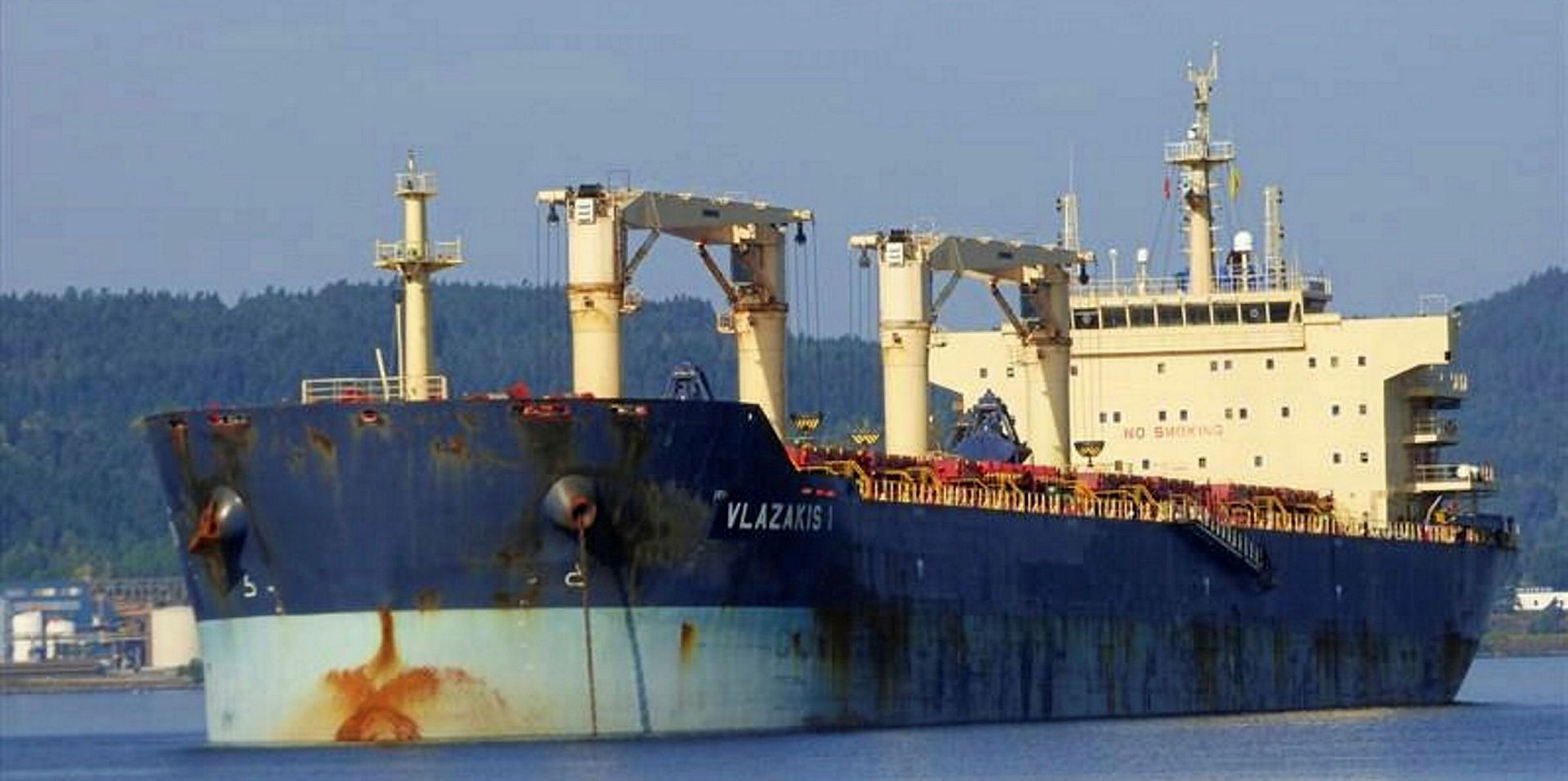Shipping data newcomer Shipfix has seen business snowball during Covid-19 lockdowns as chartering operations shift further into the cloud and working from home increases.
Launched at the end of 2019 by technology entrepreneurs Antoine Grisay and Serge Alleyne, the platform aggregates bulker cargo and vessel information to help shipbrokers deal with their daily email overload.
Chief commercial officer Grisay told TradeWinds that things picked up after the initial shock of lockdowns.
“It has been busy,” he said. “We did see a bit of a slowdown in the origination of business, as most people have.
“It’s a relationship-driven industry. That remains the case whether you’re battling on the physical chartering front or whether you’re selling software.”
But he added: “We kept growing our numbers of contributors and clients, at a slower pace than we had done pre-Covid, but now some of the geographies have reopened to us like Germany and Copenhagen. Suddenly it’s picked up again so we’re quite happy.”
Legacy systems ditched
Grisay said the company gained traction as Covid-19 restrictions continued, with clients realising they needed cloud-based systems that allowed staff to work from home more easily.
He added that several companies were very keen to replace their outdated legacy systems.

Shipfix is a digital platform for shipping and trade that uses artificial intelligence-driven tools to aggregate bulker cargo and vessel information to help shipbrokers deal with their daily email overload.
Founded: 2019
Leadership: Chief executive Serge Alleyne (pictured)
Staff: 20
Office footprint: London, UK, and Paris and Toulouse, France
Backers: $4.5m seed funding raised by Idinvest Partners, with Kima Ventures, Bpifrance and others
Source: TradeWinds, TechCrunch
“It’s challenging times, but we recognise that some of the industry challenges have allowed us to thrive a bit as a company,” Grisay said. “A lot of companies have had to shift to a work-from-home policy; that was a big booster for us.
"The journey has been very exciting so far for us at Shipfix. Our client base has expanded significantly over the past months to now include some of the leading operators and brokers on the dry cargo side."
The service was launched with seed funding of $4.5m in an attempt to drag bulker broking into the digital age.
The aim was to simplify the collation of billions of data points for industry users.
"Initially we focused on the smaller end of the market, thinking we would help the smaller players, bringing them on a par with the larger players, but we thought we wouldn't get much traction with the larger players," Grisay said.
“I think we got that wrong. We now work with some of the largest operators and brokers, and we see a lot of enthusiasm around the research department.
“People see there is value in contributing to a broader data set and seeing what the rest of the market does.”

The company has agreements with several leading commodity producers and traders and is in talks with two more major players about the use of Shipfix data.
“Even the biggest brokers only see 20% of what the market does at any point in time,” Grisay said. “We see about 80% to 90% of ships being circulated, with the notable exception of capes of course because of multi-year long-term employment.”
Broker take-up increasing
Grisay said the client split is 60% owners and operators, and 40% brokers so far, with brokers now “picking up massively” due to the amount of data on offer.
"There are also institutional clients, like UNCTAD [United Nations Conference on Trade and Development], and a couple of banks are asking us if they could use our data for macro research, studying the trade war between various countries," Grisay said.
Grisay insisted that Shipfix never compromises the sensitive raw commercial data of its clients and is not a marketplace.
The company aggregates and anonymises tonnage and cargo circulars, but does not plan to add shipping fixtures to the mix in the foreseeable future.
Shipfix has also started to produce some indices and blogs, driven by customer feedback.
Grisay said: "For example, the New Zealand log trade. One client said there was a big hiatus there for a bit, but they saw it picking up a lot more than they thought it would due to our insights, and they decided to position two vessels there."
The platform covers more than 450 cargo categories, among them iron ore, fertilisers, grain and steel, up from 430 in January.
The company's 20 members of staff include senior engineers, shipping professionals, data scientists and analysts, spread across seven cities, with offices in London, Paris and Toulouse.
This is an increase of five people from January.






